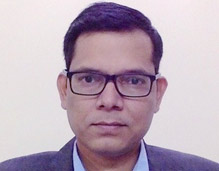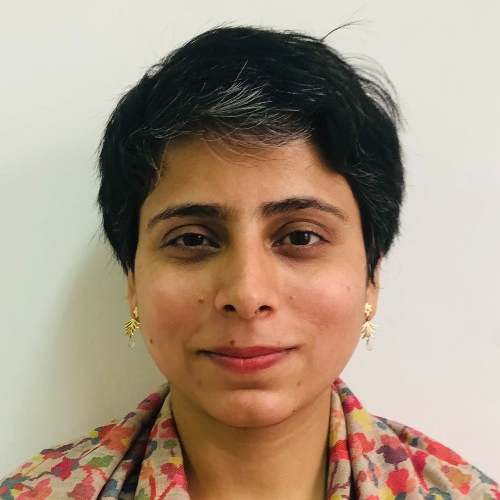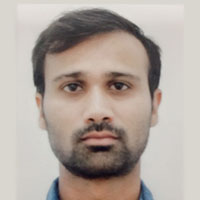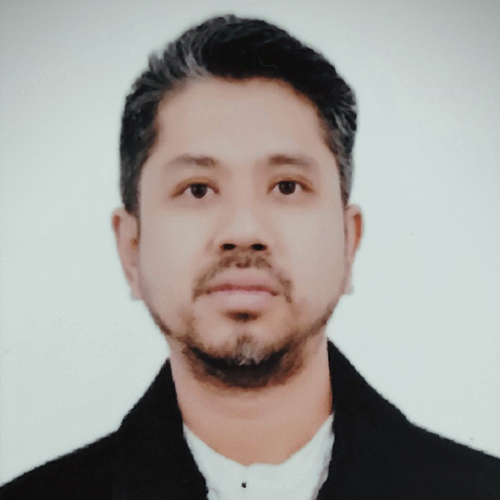Russia, Turkey, and Iran: Moving Towards Strategic Synergy in the Middle East?
This article aims to delve into the patterns of convergence and divergence of interests among three key regional players in the Middle East: the Russian Federation, Turkey and Iran.
- Hossein Aghaie Joobani , Mostafa Mousavipour
- March 2015








